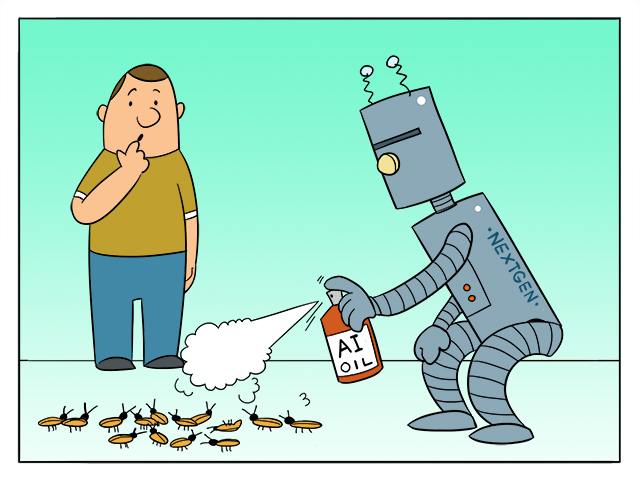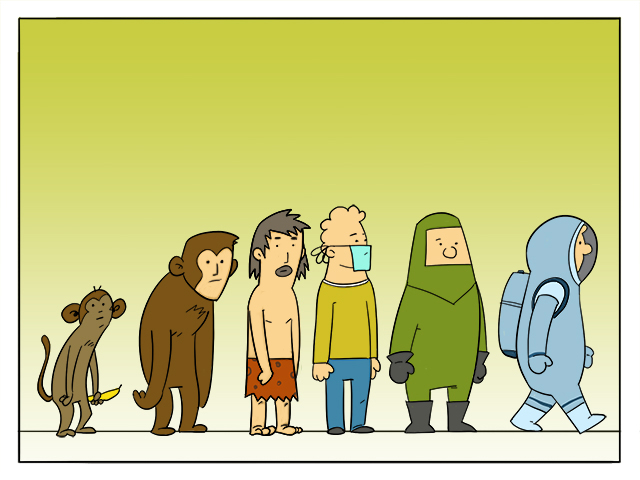May 25, 2016
Darwinism in IT Security – Pt. 2: Inoculation from BS.
Hi folks!
As promised, herewith, more on the connection between evolution theory and how protection against cyberthreats develops.
To date, what precisely brings about mutations of living organisms is unknown. Some of the more unconventional experts reckon it’s the work of viruses, which intentionally rearrange genes (yep, there’s who really rules the world!). But whatever the case may be, similar mutation processes also occur in IT Security – sometimes with the help of viruses too.
In line with the best traditions of the principle of the struggle for existence, security technologies evolve over time: new categories of products appear, others become extinct, while some products merge with others. Regarding the latter for example, integrity checkers were a major breakthrough in the mid-90s, but nowadays they’re a minor part of endpoint solutions. New market segments and niches appear (for example, Anti-APT) to complement the existing arsenals of protective technologies – this being a normal process of positive symbiosis for good. But all the while nasty parasites crawl out of the woodwork to warm themselves in the sun. C’est la vie – as it’s always been, and there’s nothing you can do about it.
In the struggle for market share in IT Security there regularly appear prophets prophesizing a sudden end to ‘traditional’ technologies and – by happy chance – simultaneous (‘just in time!’) invention of a bullshit product revolutionary panacea (with generous discounts for the first five customers).
But this isn’t something new: any of you remember anti-spyware? In the early 2000s a huge bubble of products to get rid of spyware grew up from nothing. Much BS was fired the consumer’s way about the inability of ‘traditional antivirus’ to cope with this particular problem, but right from the beginning it was all just made up.
But the market has grown used to and tired of such prophets, and these days monetizing ‘panaceas’ requires a lot more investment and snake oil marketing efforts.



